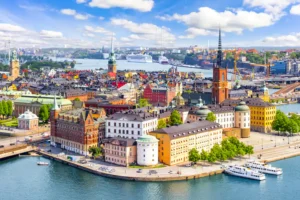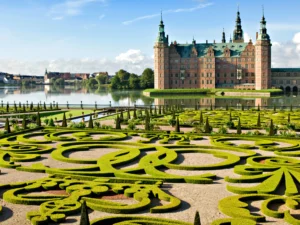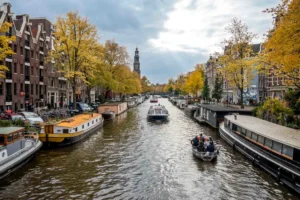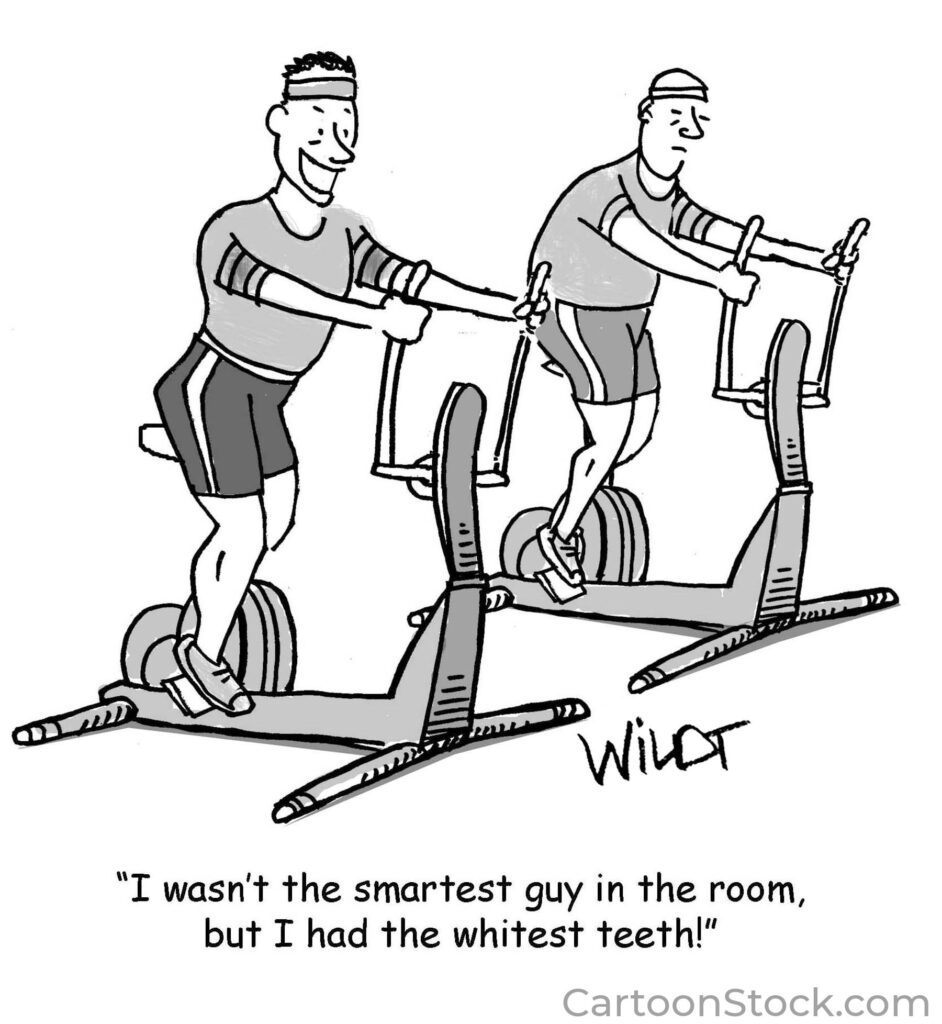
I recently took my nine-year-old grandson to his first chess tournament. On our way to the event, I coached Ben about what to expect. I told him he would play matches with kids who were much better than him and kids he would defeat. He would learn most from the former group. I shared the overused but beneficial phrase, “If you’re the smartest person in the room, you’re in the wrong room.”
The phrase should probably read: If you’re always the smartest person in the room, you’re probably in the wrong room, because sometimes you are the smartest person in the room and there’s nothing wrong with that. But when you’re consistently the best person in a particular area, you’re probably not challenging yourself enough or learning from others.
So if you’re always the best tennis player in your league, move to a better group. If you’re always the best architect in your firm, go to more conferences. If you’re always the best leader in your organization, hire a coach who can take you to a higher level. Because the best way to improve at something is to be around people who are better than you.
It’s beneficial to intentionally place yourself in environments in which you’re a novice; you feel uncomfortable, awkward, even inadequate. I felt that way when I studied for advanced certifications in wine education. When I started, I knew nothing about wine, but purposely studied with Master Sommeliers and Masters of Wine. I never reached their level of expertise, but I grew rapidly.
When was the last time you were on the left side of the bell curve?
Travel with Friends trip to Scandinavia – August 13-29
On the 2024 Travel with Friends trip, we’ll circumnavigate the Baltic Sea. Northern Europe is one of the most pristine areas of the world. The scenery is spectacular and the cultures are interesting and accommodating.
Together, we’ll explore: Amsterdam (one of the great cities in the world), Berlin, Gdansk-Poland (where WW2 started), Stockholm (including the place where Nobel Prizes are given), Tallin-Estonia (one of the best preserved medieval cities in Europe), Copenhagen-Denmark (awarded 2023 World Capital of Architecture by UNESCO), and other places.
Here’s the brochure. Baltic-Sea-Trip-2024-Brochure-110823-Fillable
Contact me if you’re interested. djmcminn@msn.com – 214.783.4414

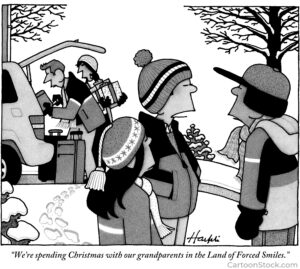
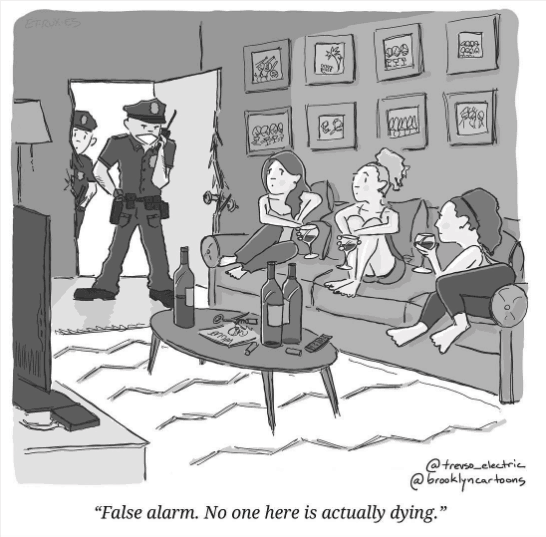 I’ve learned a new phrase that comes in handy when I’m inordinately or unnecessarily worried about a mistake I made. I learned it from my friend Jason.
I’ve learned a new phrase that comes in handy when I’m inordinately or unnecessarily worried about a mistake I made. I learned it from my friend Jason.